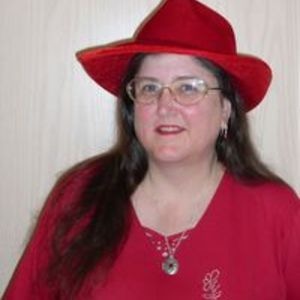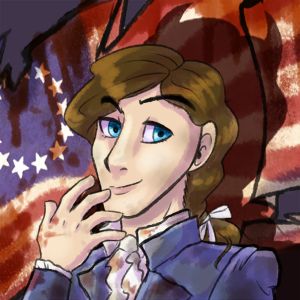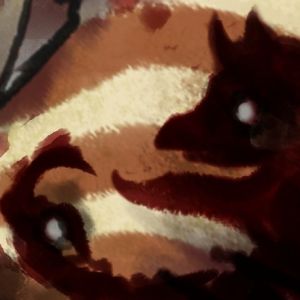To be continued in the second part of the prologue.
From there, Luke himself will take up the feather pen to confide in his journal.
NOTE: I have changed the publishing schedule to every Wednesday.
December 25, 1760
Morning sun glistened on the snow in clearings and formed deep blue shadows between buildings in eighteenth century colonial Manhattan. Poor families crunched on foot up the road. Wealthy ones rode in horse-drawn sleighs. Luke, a middle Fleeland family child, sat in the first sleigh of three, a mittened hand in his mother’s. As the crisp air bit his cheeks and numbed his nose, the repeated bonging of the local church bell swelled in his chest. He made up a song and belted it out:
I’m Lucas, I’m the light, I’m the star,
and it’s my birthday today!
His breath formed vapors in the frigid air, but he felt himself shining like the sun. The wreaths, garlands, and red ribbons adorning the homes and shops increased his excitement. The whole world was rejoicing on his fifth birthday. He was the most important person in the world!
As they rounded a corner, the church came into sight, decked so festively the boy wiggled and sang louder. But when the family climbed out of their sleighs, his mother said, “Time to quiet your voice.”
“Why do I have to be quiet on my birthday?” Luke asked.
His mother bent and kissed his face. “Because, dearest, we are going into God’s house. Let all the earth keep silence before Him.”
Luke’s brow knotted, but because of the kiss, he held his peace.
Inside, they filed into their pew by a blazing fireplace. Luke wondered if it was called a pew because of the body odor and strong perfumes about them. He squirmed through the hymns and the Anglican liturgy. “I don’t like this,” he whispered to his mother. “I’d rather dance and open presents!”
“Shh... We don’t dance in God’s house,” she whispered. “At home, we’ll all dance, and feast, and you children and the servants will have gifts.”
During the long sermon, Luke’s eyes scanned the church. Up front, to the right, he saw amid the finery something he had barely noticed on birthdays past: a small shack with straw on its roof and floor. Outside it a wooden donkey and sheep lay; inside, wooden people and angels stood or knelt. He was about to turn and play with his little sister’s hair, when he noticed in the feed trough a baby wearing only a cloth across its loins and something like a sunburst on its head. He tugged on his mother’s sleeve and pointed. “Mama, who is that?”
“Shh, I’ll tell you all about it later,” she whispered, eyes beaming.
Luke squinted at the wooden baby. “He’s not real,” he said.
His father and several neighbors turned and glared at him.
The wooden baby was central to the shack arrangement. A man—a daddy?—stood over the infant, and a woman—momma?—knelt beside it, her arms crossed over her bosom. Everyone, even the angels, wore looks of adoration, like his family did when they watched him step out a country dance or recite a proverb. A boy offered a lamb for the baby to pet, and three crowned men in royal attire offered jeweled boxes. Presents from three different countries? His heart pounded.
Luke stared at the rays of light about the child’s head. His hands lifted to his own head. He thought of his shining feeling. His parents had named him after a star. He didn’t know why the figures were in a shack, unless the parents had taken the baby out to see the animals, but he knew one thing that thrilled him from the crown of his capped head to the tips of his thawing toes. "It’s me, it’s me!” he blurted out, pointing to the small, nearly naked figure.











Comments (2)
See all